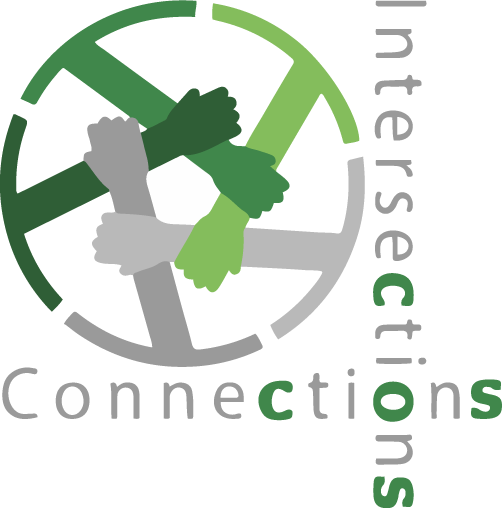Proposal Title
Crossing the bridge from disability shame to disability pride
Abstract
This presentation is about the connections between a teacher educator and a doctoral student. What they have in common is disability. Disability Studies calls for an alternative view of disability, conceptualizing disability as part of the normal human condition. When disability is thought of as “normal” the construction of understanding of disability shifts from a medical and deficit model to a social constructiveness cultural model. Each of the experiences of the presenters differed greatly as they reconceptualized their perception of disability, and although their transformation differed, the impact lead to a change in practice for both presenters. The presenters share their personal individual journeys and the tensions they felt as they came to accept a perception of disability that challenged what they believed to be true. They also describe their work together as they continued to think about disability in a way that magnified the importance of inclusion and social justice (Pearson et al., 2016). The intersection of two women with very different experiences around disability created a space for sharing personal narratives and self-examination. This presentation invites you into that space for continued discourse and dialogue.
Start Date
27-3-2019 3:00 PM
End Date
27-3-2019 3:50 PM
Room Number
U-Hall 3-100
Presentation Type
Paper
Disciplines
Disability and Equity in Education
Crossing the bridge from disability shame to disability pride
This presentation is about the connections between a teacher educator and a doctoral student. What they have in common is disability. Disability Studies calls for an alternative view of disability, conceptualizing disability as part of the normal human condition. When disability is thought of as “normal” the construction of understanding of disability shifts from a medical and deficit model to a social constructiveness cultural model. Each of the experiences of the presenters differed greatly as they reconceptualized their perception of disability, and although their transformation differed, the impact lead to a change in practice for both presenters. The presenters share their personal individual journeys and the tensions they felt as they came to accept a perception of disability that challenged what they believed to be true. They also describe their work together as they continued to think about disability in a way that magnified the importance of inclusion and social justice (Pearson et al., 2016). The intersection of two women with very different experiences around disability created a space for sharing personal narratives and self-examination. This presentation invites you into that space for continued discourse and dialogue.




